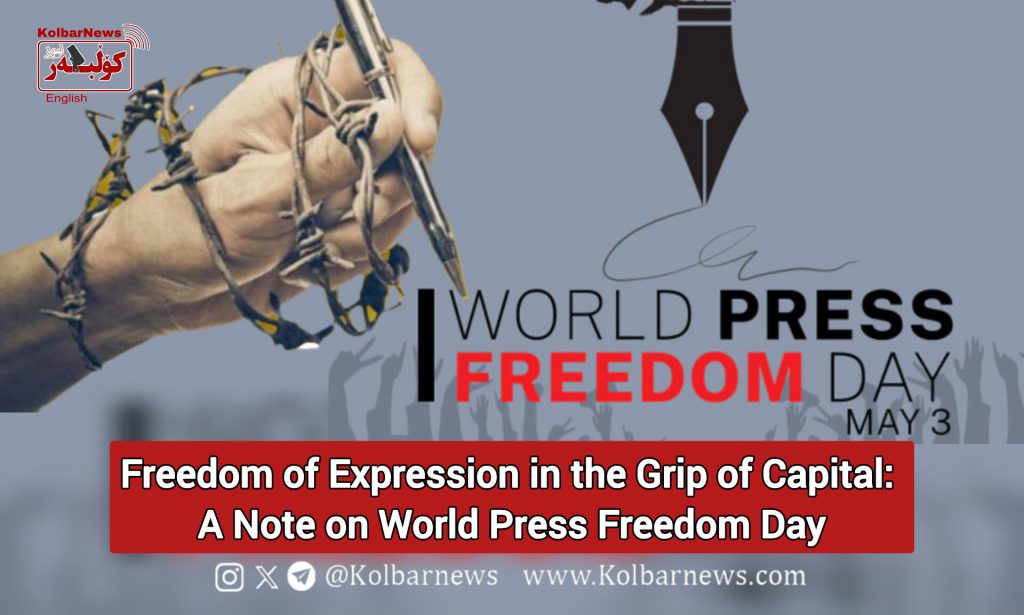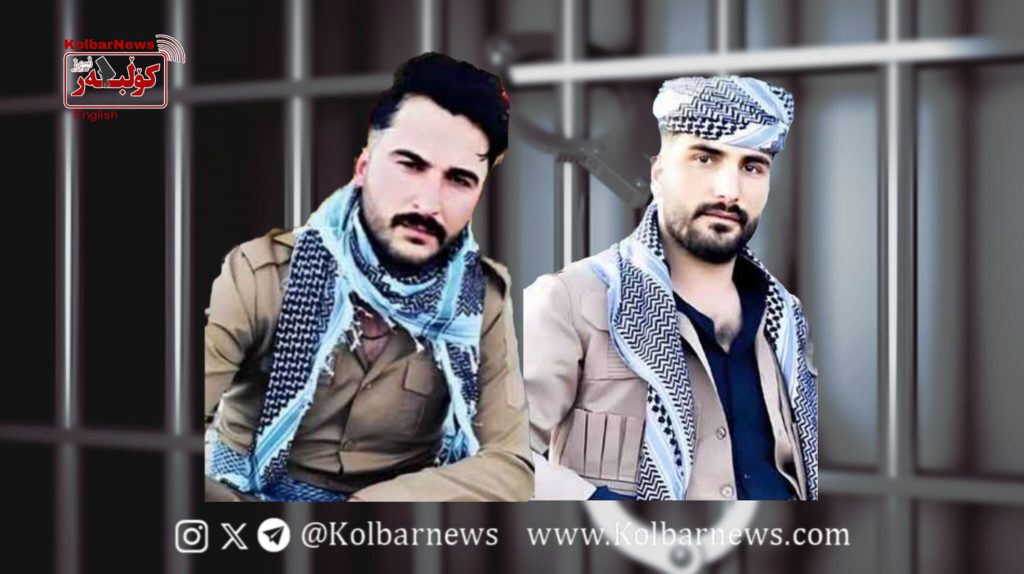
On Saturday, May 3rd 2025, the world observed World Press Freedom Day. This day was established by the UN General Assembly in December 1993 following a recommendation by UNESCO’s General Conference. The 2025 theme centers on press freedom, the free flow of information, media independence, and the universal goal of access to information and support for fundamental freedoms.
Supporting basic freedoms in media including social networks aligned with official lines, is becoming increasingly difficult. Media are among the primary architects of public opinion and one of the most class-based tools of influence among the people. Owning classes have always used various forms of media and, by leveraging wealth, media ownership, religion, tradition, culture, education, and harsh repression, have sought to deprive the producing and oppressed classes and their progressive elements of all freedoms, including press freedom. This reality is more evident than ever in the age of capitalist expansion. Today, media in textual, visual, and audio forms have grown more diverse and display their class nature more openly than before.
Mass media including newspapers, magazines, cinema, theater, photography, books, music, radio and television, and social networks operating within the official line either openly or covertly defend bourgeois private property, bourgeois states, bourgeois ideology, and foundational bourgeois superstitions. At the same time, they reflect the internal competitions of various bourgeois factions.
Bourgeois and imperialist media typically operating in developed capitalist countries may appear independent from specific cabinets but are anything but independent from the bourgeois state at large; on the contrary, they serve it faithfully. In developing nations like the Islamic Republic of Iran, state-aligned media are directly controlled by government institutions under an overt dictatorship, serving the ruling class and its bureaucratic machinery.
This reality has become even clearer with the overt dominance of super-billionaires like Donald Trump, Elon Musk, and the owners of Facebook and Amazon, alongside other tycoons such as Michael Bloomberg worth over $45 billion and Rupert Murdoch, whose family owns 120 newspapers in five countries.
Social media platforms, as a major part of the mass media landscape, are gaining increasing influence and consequently power over freedom of expression. Today, half of the global population has at least one social media account. Facebook has 2.6 billion users, YouTube 2 billion, Instagram 1.1 billion, and Twitter 326 million. With such reach, these platforms wield immense control over freedom of speech. Surveys show that 50% of adults now get their news from social media rather than traditional newspapers and television. These platforms could have been powerful tools for collective engagement and freedom of expression, but private ownership and authoritarian control have stifled that potential. As more governments swing to the right, restrictions on media and free speech have only intensified.
The restrictions imposed by governments on media freedom in the developed world are boundless in Iran under the Islamic Republic. This capitalist-theocratic regime has weaponized censorship and control to the extent that, as the Iranian Writers’ Association put it: “It has reduced book print runs to 200 copies in a country of 85 million, driven theater off the stage, turned official cinema into kitsch, silenced musical instruments, driven out or isolated many artists, and portrayed reporting on social realities as a conspiracy by journalists, reporters, and photographers.” The regime’s print, broadcast, and visual media are liars and distorters, widely despised by the public an attitude made even more apparent since the revolutionary uprising of “Woman, Life, Freedom” began.
In contrast to the official media, there are independent outlets that belong to freedom-seekers, liberated women, anti-capitalists, and socialists. These media outlets reflect the truth, highlight the crises of the capitalist system, and promote its alternative: socialism. For this reason, they face intense repression by states, employers, and especially the owners of mainstream media in the developed world, and are outright banned in regimes like the Islamic Republic.
Like all other democratic rights, press freedom ultimately depends on the strength of the working class and the weakness of bourgeois governments.

